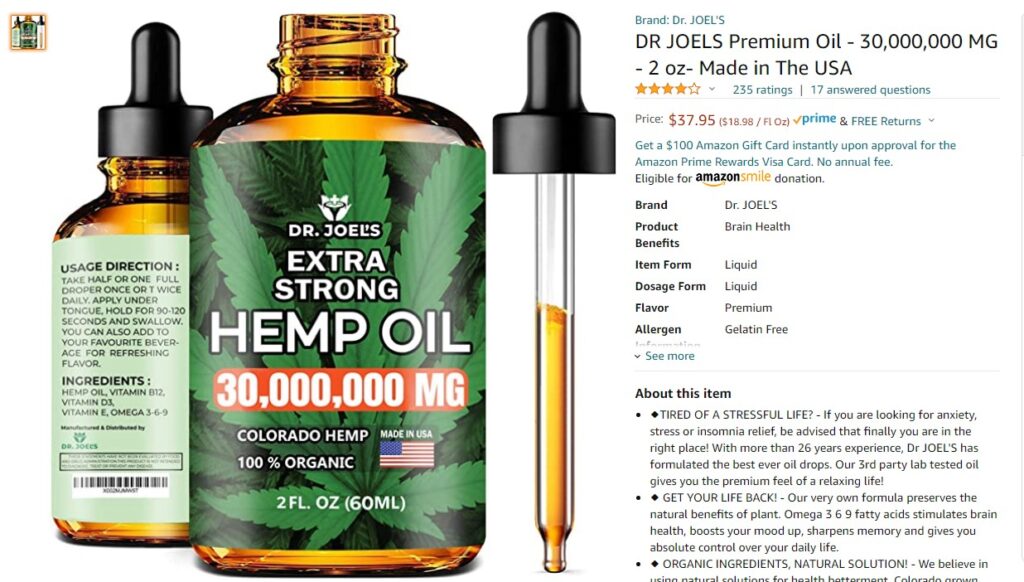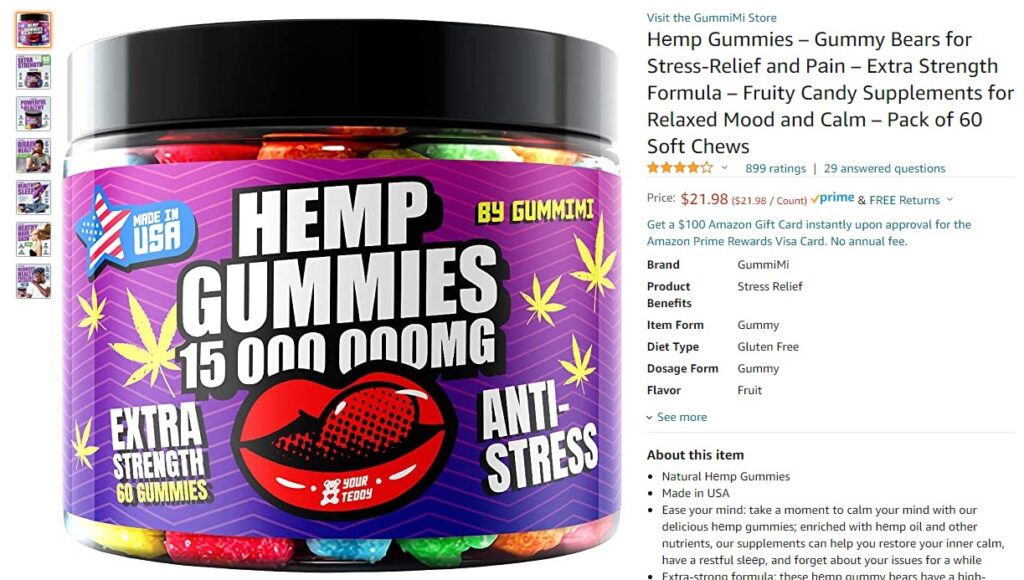In 2010 the Supreme Court bestowed personhood on corporations in their Citizens United v. Federal Election Commission ruling. While this sort of thinking is warped and harmful to society as a whole, it does give us a new way to regard the behavior of these new “citizens”. After all, if any other citizen misbehaves, they are called to account for their behavior, be it through fines, imprisonment, or other legal constraints. But corporations have a unique set of excuses for their behavior, which most often comes down to “we can’t figure out how to change this behavior”. The most recent examples are those of giant, internet-based businesses such as Amazon and Facebook.
Nearly everyone now is familiar with the problem of Facebook and other social media companies amplifying and spreading lies, whether they concern elections or Covid-19 vaccines. And the primary excuse they use to justify this rampant dissemination of falsehoods is the shear volume of postings on their system. How could they possibly vet the millions of items that are posted every day? That would require them to hire many thousands of humans to evaluate the memes, videos and messages.
The same excuse is true of Amazon.com, that can’t seem to keep its sellers honest.

These sellers apparently rely upon the scientific/mathematical illiteracy of the Amazon customer base. Perhaps the metric system is still just too much of a mystery to some people? This 60 ml bottle of hemp oil has 30,000,000 mg emblazoned on the front of it. It does not specify 30,000,000 mg of what, but it is apparently an implied reference to the mg dosage listed on bottles of CBD oil, which it is not. But the real problem is that it is not physically possible to put 30,000,000 mg of anything in a 2 ounce bottle:
1000 mg = 1 gram
1,000,000 mg = 1 kilogram
30,000,000 mg = 30 kilograms
30 kilograms = 66 pounds
So the seller would like us to believe that this bottle contains 66 lbs of something. Even if the bottle contains mercury metal, which is among the heaviest liquids I know of, it would only weight about 1.78 lbs. So obviously, this is fraud.
Amazon.com is rife with examples of such fraud, and here are a few more:






These are just a tiny fraction of the vast number of fraudulent listings on Amazon.com. And why can’t Amazon keep its sellers in line? The superficial explanation is that it is just too big- it can’t possibly examine each listing to root out this sort of obvious fraud. And artificial intelligence clearly has not advanced to the degree needed to deal with this problem.
How many people would they need to hire to screen all their listings? I have no idea, but definitely lots. Yet they could- if they really wanted to. With $386 Billion in profits for 2020, they clearly have the resources to hire many thousands of people to do that screening. Yet they continue to be bad corporate citizens, aiding and abetting criminals in their fraudulent enterprises.
So why is it that nobody seems motivated to stop Amazon.com from blatantly enabling fraudulent businesses? My best guess is that it has to do with stock prices. How many lawmakers own Amazon stock, or have investments in funds that own Amazon stock? What would happen to the value of Amazon stock if they suddenly announced that rather than banking $386 Billion, they need to spend a significant portion of it to prevent their platform from being exploited by thousands of fraudulent businesses?
Yes, a lot of aspiring millionaires would have to find another way to buy that house in the Caymans.


Recent Comments